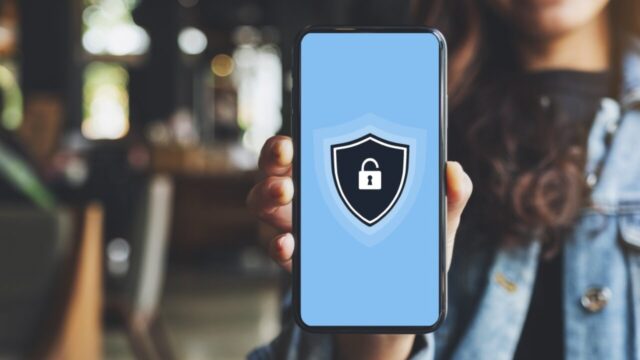In today’s digital age, mobile apps have become an integral part of our daily lives. From social networking to online shopping, we rely on apps to simplify tasks, connect with others, and manage various aspects of our lives. However, as mobile app usage increases, so does the concern over data privacy. Users are becoming increasingly aware of how their personal information is collected, stored, and used by mobile applications. In this blog, we’ll explore the importance of data privacy for mobile app users and why it should be a priority for app developers.

1. Understanding Data Privacy in Mobile Apps
Data privacy refers to the handling of personal information collected by applications and ensuring that this information is stored securely, used responsibly, and shared only with user consent. Mobile apps often require access to sensitive data, such as location, contacts, photos, and more. This data can be misused if not handled properly, making data privacy a significant concern for users.
2. Building Trust with Users
Trust is a critical component of user engagement. When users download an app, they often share personal information, assuming it will be protected. By prioritizing data privacy, app developers can foster trust and encourage user loyalty. Here’s how:
- Transparent Practices: Clearly communicate how user data will be collected, stored, and used. This includes being upfront about third-party data sharing and providing options for users to control their privacy settings.
- Compliance with Regulations: Adhere to data protection regulations such as the General Data Protection Regulation (GDPR) and California Consumer Privacy Act (CCPA). Compliance demonstrates a commitment to protecting user data and can enhance trust.
3. Protecting Sensitive Information
Mobile apps often collect sensitive user data, such as:
- Personal Identifiable Information (PII): Names, email addresses, phone numbers, and payment information.
- Location Data: Geographic data that can reveal user habits and preferences.
- Health Data: Information related to personal health and fitness.
If this data is not adequately protected, it can lead to data breaches, identity theft, and unauthorized access. App developers must implement robust security measures, such as encryption and secure storage practices, to protect user information.
4. Mitigating Risks of Data Breaches
Data breaches can have devastating consequences for both users and app developers. For users, the risks include:
- Identity Theft: Unauthorized access to personal information can lead to identity fraud, financial loss, and damage to credit scores.
- Privacy Violations: Breaches can expose sensitive information, leading to reputational harm and emotional distress for affected individuals.
For app developers, data breaches can result in:
- Legal Consequences: Failing to protect user data can lead to lawsuits, regulatory fines, and penalties.
- Loss of Reputation: A single data breach can erode user trust, resulting in a decline in downloads, negative reviews, and customer attrition.
5. Empowering Users with Control
Giving users control over their data enhances their overall experience and satisfaction with the app. Here are some ways to empower users:
- Privacy Settings: Allow users to customize their privacy settings easily. This includes options to opt-out of data collection, limit data sharing, and delete their accounts.
- Clear Consent Mechanisms: Implement clear and concise consent forms when collecting data. Users should understand what they are agreeing to and be able to withdraw consent at any time.
6. Promoting Ethical Data Practices
As an app developer, embracing ethical data practices is essential. This includes:
- Minimal Data Collection: Collect only the data necessary for your app’s functionality. Avoid gathering excessive information that users do not need to provide.
- Responsible Data Sharing: If sharing data with third parties, ensure that they follow the same data privacy standards and practices. Establish data-sharing agreements that protect user information.
7. Educating Users on Data Privacy
Educating users about data privacy is vital for raising awareness and fostering responsible behavior. Developers can:
- Provide Resources: Create educational materials, such as blog posts or FAQs, explaining data privacy concepts and how users can protect their information.
- Encourage Best Practices: Promote best practices for users, such as using strong passwords, enabling two-factor authentication, and being cautious about sharing personal information.
Conclusion
In a world where mobile apps play a crucial role in our lives, data privacy is of utmost importance. By prioritizing data protection, app developers can build trust, protect sensitive information, mitigate risks of data breaches, and empower users with control over their data. As mobile app users become increasingly aware of their privacy rights, embracing data privacy practices is not only a legal obligation but also a strategic advantage that can enhance user satisfaction and loyalty.


No responses yet